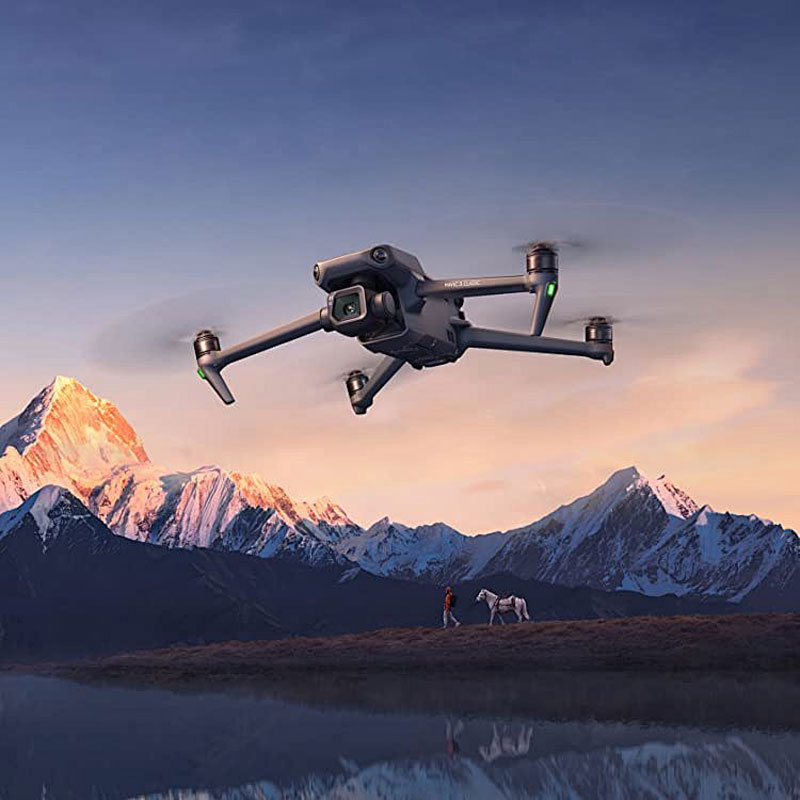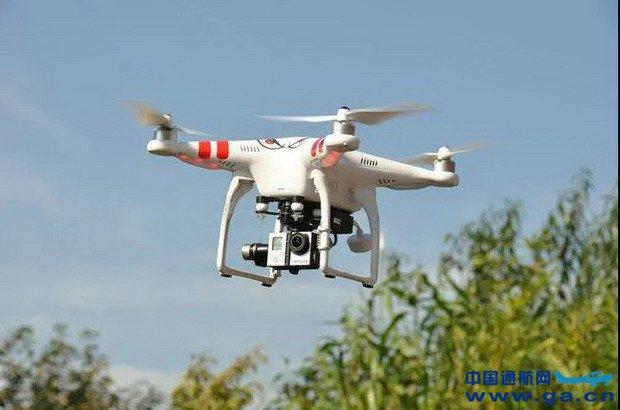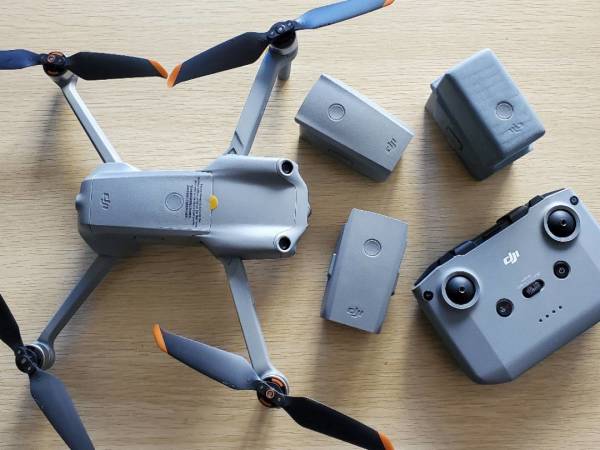In recent years, the promising technology surrounding heavy lift drones has captivated industries worldwide, heralding a transformative potential for modern logistics. As enterprises increasingly seek efficiency and innovation, these advanced aerial vehicles appear poised to revolutionize transportation, offering myriad applications that extend far beyond conventional delivery systems. At the heart of this technological advancement lie several key features that make heavy lift drones indispensable assets in logistics.

Capabilities and Features
Heavy lift drones are designed to transport substantial payloads, a feat accomplished through robust engineering and cutting-edge technology. Equipped with powerful motors and state-of-the-art navigation systems, these drones can carry weights ranging from several kilograms to a few tons. Their ability to access remote or otherwise challenging locations underscores their utility across various sectors – from construction and agriculture to disaster relief.
Revolutionizing Delivery Systems
One of the most exciting aspects of heavy lift drones is their potential to redefine delivery parameters in the commercial realm. Traditional logistics often grapple with issues such as traffic congestion, long delivery times, and high operational costs. Drone-based systems, however, promise a streamlined solution, enabling swift deliveries while bypassing terrestrial obstacles. This innovation is particularly relevant for businesses managing large volume goods, pharmaceuticals that require speedy delivery, or supplies in isolated areas.

Impact on Environmental Sustainability
Beyond their operational benefits, heavy lift drones hold the promise of environmental sustainability. As industries move towards reducing carbon footprints, these drones offer an eco-friendly alternative to fossil-fueled trucks and planes. The propulsion mechanisms of drones are geared towards energy efficiency, and as battery technology evolves, their ecological impact will likely diminish further. This shift not only contributes to reducing the emissions but also aligns with global climate goals.
Pioneering Technological Innovations
The continuous advancements in drone technology pave the way for innovations that enhance logistics even further. Autonomous navigation, real-time analytics, and AI integration equip drones with unparalleled intelligence, transforming them into smart delivery systems capable of optimizing routes, assessing conditions, and responding dynamically to environmental changes.
Challenges and Regulatory Considerations
While the potential of heavy lift drones is immense, several challenges linger. Key among them are regulatory hurdles which vary significantly across different jurisdictions. Ensuring airspace safety, privacy, and ethical considerations present ongoing dialogues between public agencies and private entities. As these drones inch closer to widespread adoption, harmonizing regulatory frameworks is paramount.
FAQ
- How much can heavy lift drones actually carry?
Current models of heavy lift drones can transport payloads ranging from several kilograms to a few tons, depending on design and motor power. - Are drones safe for urban delivery?

Yes, with regulatory measures and advanced navigation technologies, heavy lift drones are becoming increasingly safe for urban logistics. - How do heavy lift drones contribute to sustainability?
Through reduced reliance on fossil fuels and improved energy efficiency, heavy lift drones provide a greener alternative to conventional delivery methods.
